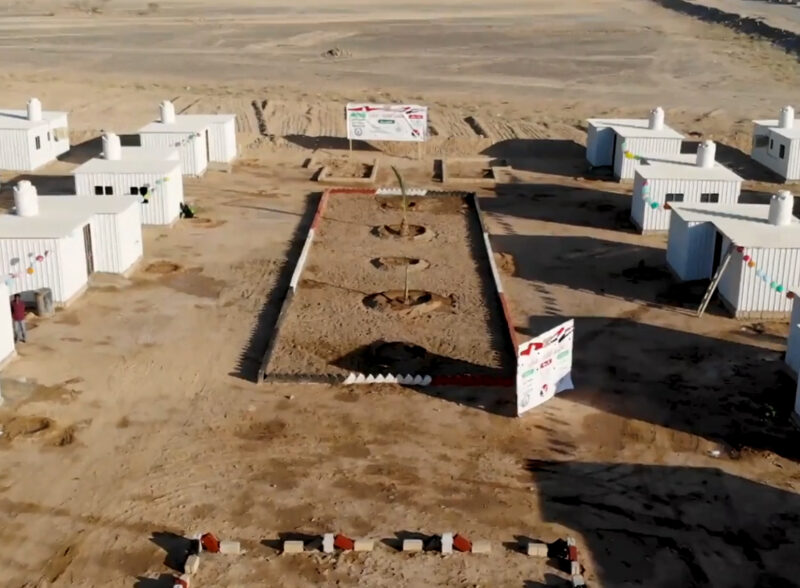Al-Ihsan Apartment Building
Solar Energy Project
Bina Business Incubator Project
Charity Bakery
CHALLENGE
Unemployment and lack of job opportunities: Ongoing conflict and difficult economic conditions have led to increased unemployment rates and a reduction in sustainable job opportunities.
Economic deterioration: Ongoing conflict has severely impacted the economy, leading to a decline in people’s purchasing power and overall economic growth.
Currency collapse and inflation: The depreciation of the national currency and high inflation rates have made daily life more difficult for citizens.
Lack of financial services: Financial instability and cash shortages make it difficult to access basic financial services, which limits economic opportunities.
Lack of investment: Poor humanitarian and security conditions have discouraged both national and foreign investment, affecting future economic opportunities.
Impact of displacement: Continuous population displacement adds additional pressures on economic resources in affected areas.
COMMITMENT
YIAD actively participates in empowering individuals and communities to contribute to poverty reduction. This is achieved by enabling individuals to become self-reliant through acquired skills, capacity building programs, job creation, and the creation of a suitable work environment. This is centered on the strategic link between the first goal of “No Poverty”, the second goal of “Zero Hunger”, and the eighth goal of “Decent Work and Economic Growth” of the Sustainable Development Goals (SDGs) and the strategic direction of YIAD.
INTERVENTIONS IN THE FIELD:
- - Supporting training programs and programs to qualify young people for the labor market.
- Enhancing women's economic participation by providing training programs, funding small and micro-projects for women to empower them economically.
- Participating in projects to improve economic infrastructure and develop roads and basic facilities, which contributes to promoting economic growth.
- Contributing to improving the ability of rural communities to live sustainably and increase their agricultural production by improving agricultural techniques, enhancing marketing, and providing financing.
- Entrepreneurship programs and business incubators.
- Qualifying government sector employees and leaders.
- Stimulating the local economy by supporting small and medium-sized projects.
- Working to improve governance and promote transparency in the financial management of local organizations.





